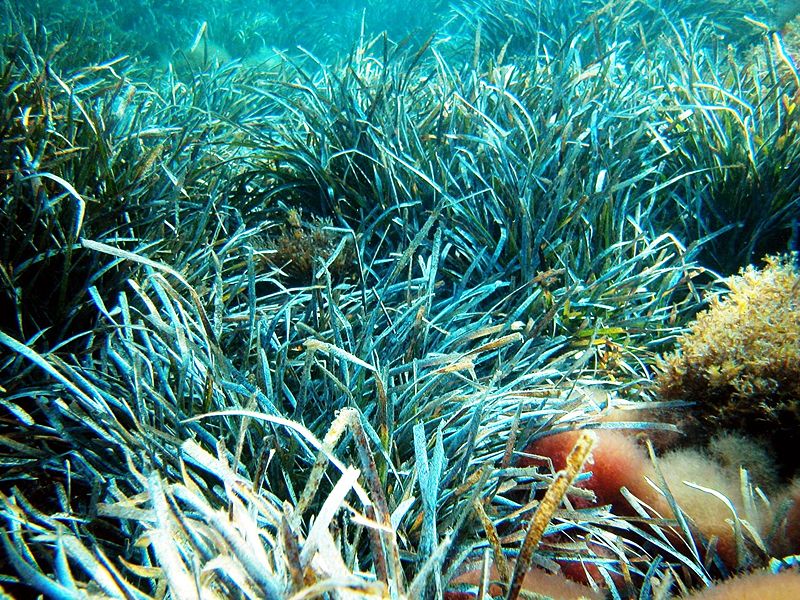
Seagrass meadows are areas composed of flowering plants and, in Mediterranean regions, they are mainly composed of Posidonia. Hotspots of biodiversity, seagrass meadows are a major ecosystem, capable of reducing the effects of increasing carbon dioxide.
An international team, including a post-doctoral researcher from the CSM, Dr Jeroen Van de Water, has just highlighted a new role played by this ecosystem, as a water purifier.
The study shows that seagrass meadows can reduce the number of pathogenic bacteria for humans up to 50 percent. They also reduce the number of bacteria that are pathogenic to the environment, so corals near marine meadows are much less affected by bacterial pathologies.
To reach this conclusion, Joleah Lamb and colleagues worked in the waters off four Indonesian islands to assess the influence of seagrass beds on marine microbial pathogens. In coastal waters, researchers found that the amount of the Enterococcus bacteria was 10 times higher than the level of exposure to human health risk recommended by the US Environmental Protection Agency (EPA). Enterococcus levels were reduced three times in the presence of seagrass beds. The abundance of pathogens from several marine fish and invertebrates was also halved in the presence of healthy seagrass beds.
In addition, field surveys of more than 8,000 reef-building corals, adjacent to marine grasslands, showed a two-fold reduction in disease compared to corals without nearby meadows.
Unfortunately, coastal development has resulted in a loss of marine grasslands worldwide estimated at seven percent each year since 1990. This study is likely to strengthen the protection and development of this important ecosystem and its findings underscore the importance of marine ecosystems to the health of humans and other organisms. Not only could they contribute to improving water quality in ever-denser coastal areas but they could also play a key role in supporting the rapid growth of aquaculture in the face of global food shortages.
The elimination of human pathogens from water is essential for human health. Plants, with their natural biocides, play a vital role, which can offer significant economic benefits. For example, New York City has chosen in recent years to restore and develop wetland habitats in the watershed instead spending $8 billion to build a treatment plant, saving billions of dollars in capital and ongoing costs.
READ ALSO
READ ALSO